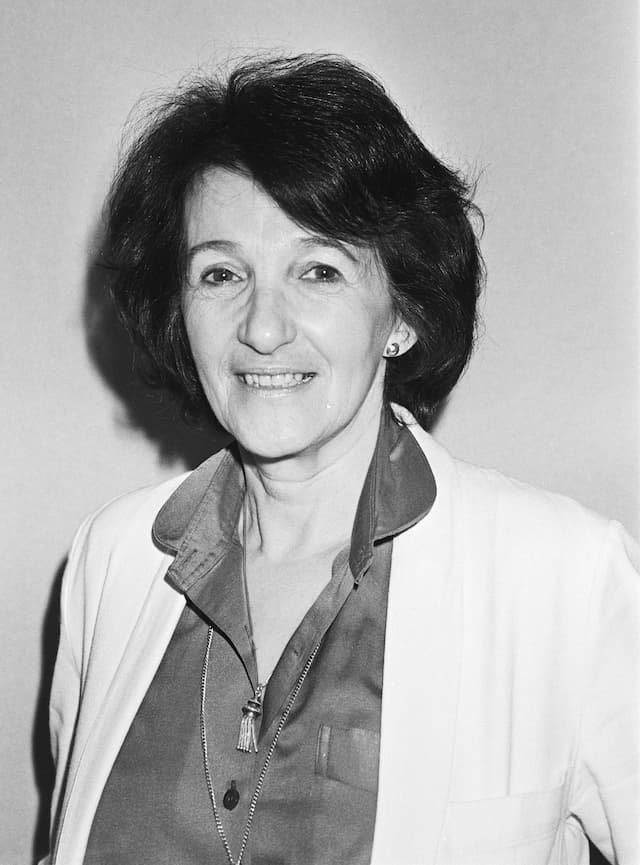The Fall
Frieda Borgstein’s husband and two children, all dead, are constantly on her mind. A friend had promised the Borgstein family safe conduct to Switzerland. At the last moment Frieda goes upstairs for a warm sweater, trips and falls. She hears her husband and children being picked up below, not by the friend but by the Nazis. They die in a concentration camp; Frieda survives, convinced that their friend betrayed them. In the novel, she is eighty-four and living in an old people’s home. She goes into town to buy pastries from the baker for her birthday the next day.

Crossing the road she falls ignominiously through an open grating and dies of her injuries. Past and present are woven into a continuous dialogue and parallels are skilfully worked into the story. It emerges that the friend was trustworthy, though Frieda will now never find that out. The tragedy is neither sentimental nor incredible.
Again Marga Minco’s restraint and craft are her great strengths.
One of the best of Marga Minco’s short, intense novels. For all the emotional restraint and gaunt simplicity of her prose, Minco achieves a thought-provoking and lingering poignancy.
Angus Clarke (The European)
The force of such utter loss is enacted in the bleakness of the prose … the interlocked stories convey a dreadful sense of life’s arbitrariness.
Nicholas Shrimpton (The Independent on Sunday)
